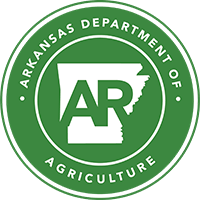Natural Resources
Efficiently and responsibly managing and protecting our water and land resources for the sustainability, health, safety, and economic benefit of the State of Arkansas
Agriculture / Natural Resources / Divisions / Water Management / Non-Riparian Water Use Certification Program Summary:
Non-Riparian Water Use Certification Program Summary:
The Arkansas Natural Resources Commission is the State’s water resources planning and management agency. The Commission is responsible for state-level planning, management, and protecting our surface water resources. This is accomplished through several programs. One of these programs is the Non-Riparian Water Use (NRWU) Program.
The NRWU Program is designed to monitor surface water use outside the riparian zone by evaluating surface water diversions and subsequent determination actions (including permits where appropriate) associated with each use. Surface water users must obtain certification from the state verifying that the use of surface water will comply with the Arkansas State Water Plan and applicable state water law.
Additional Information:
Commonly Asked Questions
What is a Non-Riparian Water Use Permit?
A Non-Riparian Water Use Permit is a water right issued under Title III of Arkansas Natural Resources Commission’s Rules for the Utilization of Surface Water. Surface waters are defined as “water occurring on the surface of the ground in lakes, ponds, and natural or channelized streams”.
A Non-Riparian Permit authorizes excess surface water for activities on land that is not contiguous to surface water. Permitting indicates a finding by the Arkansas Natural Resources Commission (hereinafter “Commission”) that the proposed surface water diversion will comply with state water law. This finding further indicates that the Commission has determined:
- Water to be used is excess surface water,
- Water is intended for reasonable and beneficial use, and
- Diversion of water will cause no significant adverse environmental impact.
Who is required to obtain a Non-Riparian Water Use Permit or determination?
Anyone proposing to divert surface water for non-riparian use must to submit an application for determination.
Examples of activities that may require Non-Riparian Water Use Certification include, but are not limited to, the following:
- Hydrologic Fracturing of Natural Gas Wells
- Irrigation
- Municipal Water Supply
- Industrial Cooling Water
- Mining Activities
What is the difference between Riparian Water Use and Non-Riparian Water Use?
Riparian Water Use is use by a riparian landowner. A riparian landowner owns land bordering the source surface water body. Riparian landowners have water rights, which enable them to take and use water on their riparian land. Riparian land must be in the same watershed as the water source, and must not be severed from the source of supply by an intervening parcel (the source property and the use property must be the same). Generally, a riparian water user must share the water supply with other riparian users.
Non-Riparian Water Use is the use of surface water for activities on the non-riparian property. A non-riparian landowner owns land with no surface waterbody on or adjacent to the parcel. Non-Riparian landowners do not have water rights associated with property ownership.
How much water can be diverted without applying for a water use permit?
Anyone proposing to divert surface water for non-riparian use is required to apply for a permit, regardless of the volume of water proposed for use.
Is there a fee involved?
Yes, a processing fee of $500.00 must be included with each application. Diverters may also be required to pay an annual fee of $100.00 for permits exceeding a year in length.
How long is a Non-Riparian Water Use Permit issued for?
The term of a permit is specific to the project details. Typically, short-term uses such as hydrologic fracturing for gas drilling are issued for a one year period. Long-term projects such as municipal, industrial, or agricultural uses are issued on a long-term basis.
Permits are reviewed annually. If permits are eligible for renewal, a fee may be assessed to extend the expiration date of the original permit.
How do you obtain a permit?
Contact: Water Management Section
Josh Burns, Program Coordinator
10421 W. Markham St.
Little Rock, AR 72205
Phone: (501) 682-691 Fax: (501) 682-3991
Email: josh.burns@agriculture.arkansas.gov

